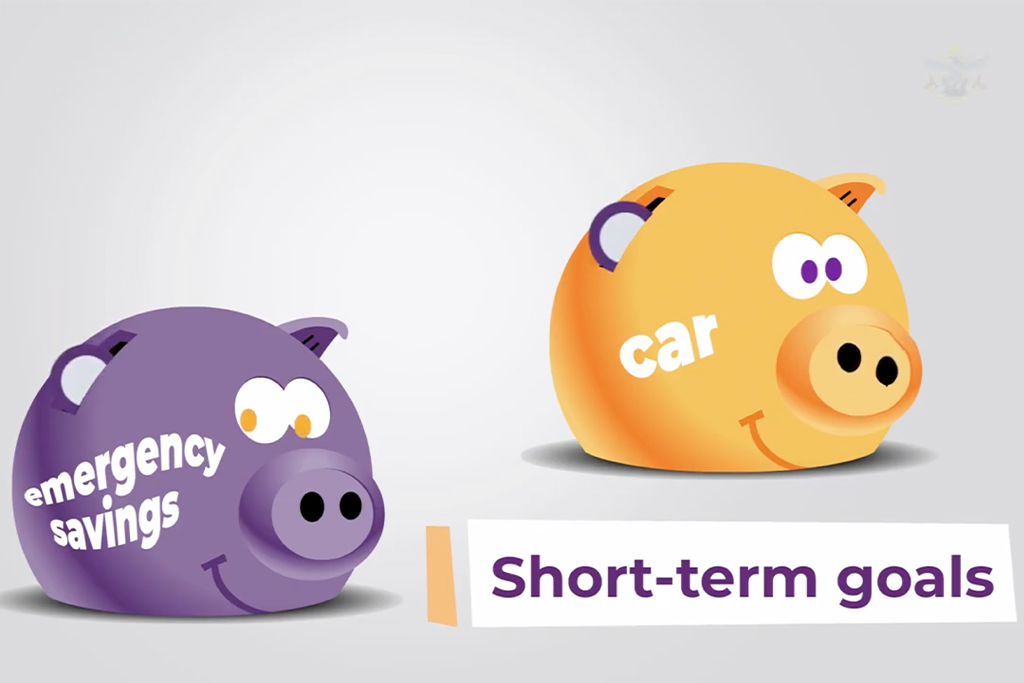
Invest for your future
September 9, 2019
Setting goals and actually achieving them
October 9, 2019The Christmas / New Year period is usually a happy, busy time of year but it can also be very expensive. If you’re not careful, you can easily rack up debts that could take months to pay off. So how do you start the New Year without a debt hangover from the holiday season?
Plan ahead
The first step in getting organised for the festive season is to make a plan:
- Location – Are you at home for Christmas this year or are you planning to travel?
- Food – Will you be buying or preparing food? Plan meals and entertaining in advance, and make a shopping list of all the additional food items you’ll need to buy between now and the New Year.
- Gifts – Who you will be buying gifts for and how much you are you planning to spend?
- Events – What parties, get-togethers and other events are you planning to attend, or hold, over the holiday period?
- School holidays –If you have school age children, consider any additional expenses you may incur, such as the cost of vacation care or other holiday activities.
Do a Christmas / holiday budget
The next step is to do a holiday budget. Take your plan and cost it out, making sure you include incidental costs. For example, if you are planning to travel, you might budget for accommodation, airfares or petrol, but don’t forget extra costs like eating out while away from home, or the cost of having pets looked after.
When considering gifts, be realistic about what you can afford. If you have children, manage their expectations, and if you have a partner, consider setting spending limits for each other. A thoughtful inexpensive gift may be just as well received as an expensive generic one, so put some thought into who you are buying each gift for, and why.
When you have a reasonable idea of what you intend to spend over the coming holiday period, divide it by the number of pays left in the year, to work out how much you will need to set aside from each pay to cover your planned expenditure. If the amount seems too high, go back to your budget figures and think about where you can cut costs.
Get in early for discounts
With your plan and budget in hand, you can start looking for bargains early. Here are some tips on how planning ahead can save money:
- Travel – Cheaper airfares always sell out first, so the earlier you book the cheaper your ticket is likely to be. The same goes for accommodation, unless you are flexible enough to pick up last minute deals that may not be in your preferred location.
- Food – Start buying non-perishable items now to spread the cost over the next couple of months. This will also allow you to take advantage of specials when they are available.
- Shop online – Shopping online you save you time and money, especially when free delivery is available. If you are travelling interstate for Christmas, have gifts delivered directly to save having to pay for baggage. If you are buying for people overseas, use a website that delivers to the relevant country for free.
- Reward points – If you are a member of a rewards program that lets you exchange points for gift cards, and you have points available, consider using gift cards to do some of your Christmas shopping, or use them as gifts!
Take some of the stress out of the Christmas / New Year period by planning ahead and doing a budget. After all this should be a time to relax and enjoy with those you love.







